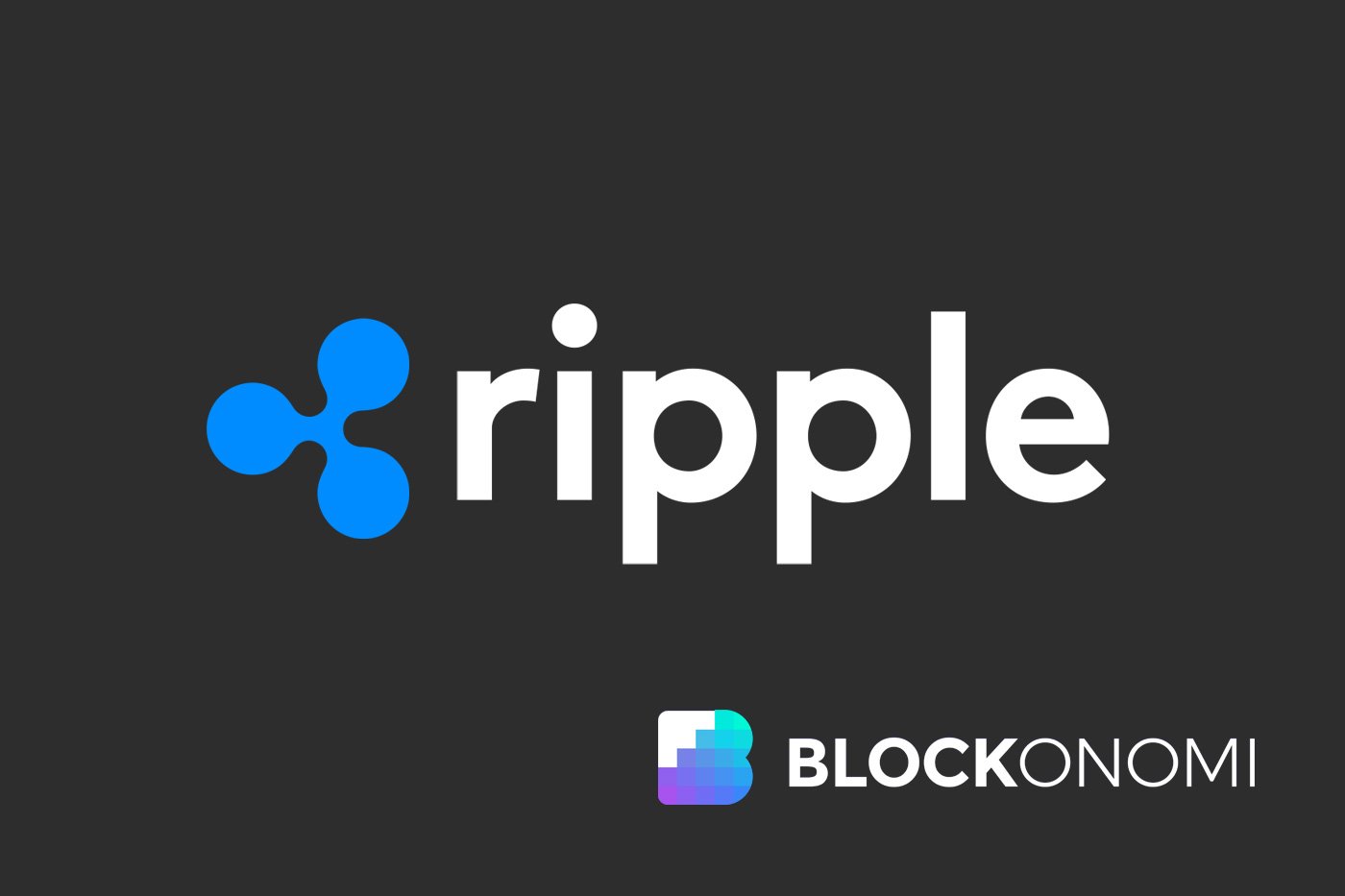Ripple, the leading blockchain and cryptocurrency company, is teaming up with Fenasbac, Brazil’s prominent fintech association, to support Brazilian fintech startups and foster innovation in Brazil’s financial sector, Ripple shared in an announcement.
Not to be held back by the SEC – Ripple is actively expanding its global footprint beyond the U.S., with initiatives aimed at enhancing its presence in international markets.
The partnership will be facilitated through the Next accelerator program, the largest accelerator program in Brazil’s financial sector. Fenasbac’s Next provides resources, mentorship, and investment opportunities for fintech startups with high growth potential.
“We believe Brazil provides an ecosystem that fosters both technology advancement and progressive policies in blockchain. We see Brazil’s forward-thinking approach as a catalyst for transforming financial services across international markets,” said Silvio Pegado, Managing Director of LATAM at Ripple.
Ripple In Demand Offshore
As part of the strategic collaboration, Ripple will sponsor two fintechs developing solutions using blockchain technology in areas like payments, asset tokenization, and financial services.
In addition, startups can leverage XRPL (XRP Ledger), Ripple’s decentralized, open-source blockchain focused on cross-border payments, smart contracts, and digital currencies.
Rodrigo Henriques, Innovation Director at Fenasbac, believes the partnership with Ripple will strengthen Fenasbac’s mission to promote blockchain technology and develop innovative solutions that have a positive impact on society.
It’s not the first partnership between Ripple and Fenasbac. The two companies previously collaborated on a research initiative with participation from other high-profile entities like the Federal University of Rio de Janeiro (UFRJ) and Polkadot.
The project explored blockchain interoperability solutions for Brazil’s digital currency DREX in conjunction with the Central Bank of Brazil. The initial, successful partnership laid the groundwork for the two organizations to continue working together to advance blockchain innovation in Brazil’s financial sector.
Ripple Sees Promise in Brazil
The fintech sector in Brazil is thriving, with companies like Nubank, a Warren Buffett-backed digital bank, entering the crypto space and rapidly gaining users. Nubank’s crypto service, Nu Cripto, reached one million users shortly after launch. That demonstrated the appetite for crypto solutions among Brazilian consumers.
High adoption rates and regulatory developments are other highlights in Brazil’s crypto market. The Brazilian government is actively working to establish a regulatory environment that supports innovation while ensuring consumer protection.
In late 2022, Brazil’s Congress passed a bill regulating the crypto market, which was signed into law by the President in December, 2022. The legislation aims to provide a clear framework for the operation of virtual asset service providers (VASPs) in the Latin American nation.
The new regulations were originally expected to take effect in 2023, with the Central Bank of Brazil in charge of formulating the processes for compliance and oversight. However, the bank announced a phased approach to the implementation of these regulations and decided to delay the finalization of the regulatory framework until the end of this year.
Ripple believes Brazil’s approach to crypto can transform financial services globally. While focusing on Brazil, Ripple is also expanding its operations to Japan, South Korea, and the UK to foster blockchain innovation worldwide.
Last month, Ripple launched the XRPL Japan and Korea Fund to foster innovation on the XRP Ledger in these two markets. The fund seeks to support corporate partnerships, developer grants, startup investments, and community growth initiatives.
Ripple has identified Asia-Pacific as one of its fastest-growing regions and is prioritizing the adoption of its crypto payment services in the region. The firm has partnered with HashKey DX in Japan and SBI Ripple Asia to bring XRPL-powered solutions to the region
Ripple’s ongoing expansion comes amid regulatory challenges in the U.S., where the company faces a year-long legal battle with the U.S. Securities and Exchange Commission (SEC). Following a court ruling last year, the two entities are expected to close the case soon after reaching a settlement.





